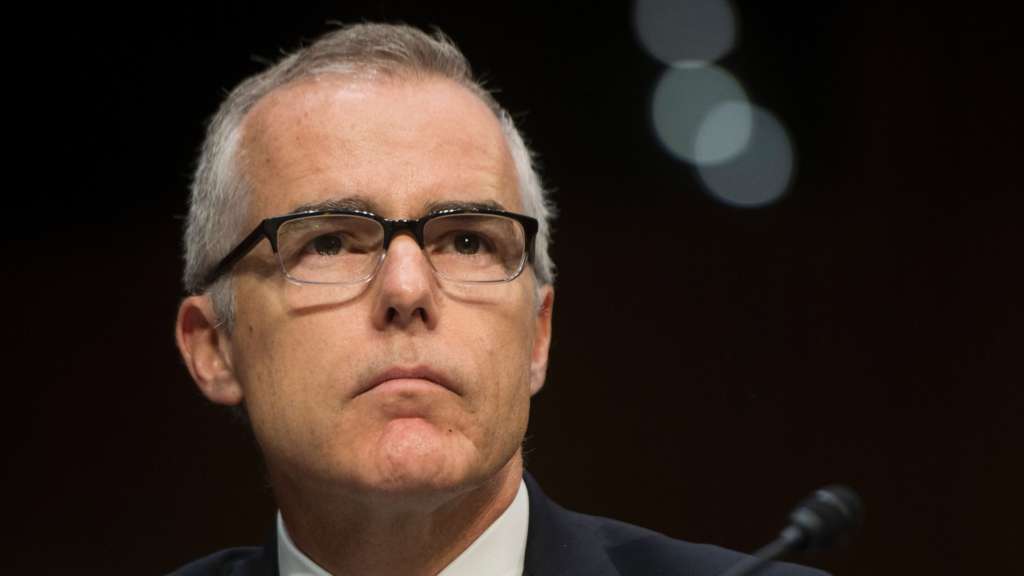Washington- Acting FBI Director Andrew McCabe appeased on Thursday the Congress on the independence of the investigation into possible Russian meddling in the US elections, two days after President Donald Trump’s shock firing of James Comey.
“There has been no effort to impede our investigation to date,” McCabe told the Senate Intelligence Committee.
“You cannot stop the men and women of the FBI from doing the right thing,” he said. “All of the agents involved in the investigation are still in their positions.”
Risking a possible frustration by Trump, McCabe hailed fired FBI chief Comey.
“Comey enjoyed broad support within the FBI and still does today,” McCabe told the committee, taking issue with the White House’s claim that he had lost the support of the bureau’s rank and file.
In his first interview since firing Comey on Tuesday, Trump appeared to try to underscore that Comey’s dismissal was about his performance at the FBI and not about the Russia probe.
Moscow has denied interference in the election, and the Trump administration denies allegations of collusion with
Russia.
McCabe’s testimony to the Senate Intelligence Committee overshadowed the testimony of other witnesses on issues including Iran, the state of the war in Afghanistan and North Korea’s nuclear confrontation.
At the committee’s rare two-hour public hearing, Director of National Intelligence (DNI) Dan Coats told the committee that the nuclear deal signed by the administration of Barack Obama with Iran had given the country ample time to produce fissile material for a nuclear weapon.
On Syria, Coats said the Syrian regime was “both willing and able” to use chemical weapons in future attacks during the bloody civil war raging there, but he added that the intelligence community doesn’t know if Damascus plans to do so.
He added that the intelligence community continues to investigate whether Russia had advance knowledge of the sarin attack against civilians in the Idlib town of Khan Sheikhoun on April 4.
He also warned that homegrown terrorists pose “the most frequent and unpredictable terrorist threat to the United States homeland.”
He said that while ISIS had lost territory in Iraq and Syria, the intelligence community has assessed its threat to the US continues due to its ability to both direct and inspire attacks. He added that ISIS was attempting to connect its global branches outside of Iraq and Syria more closely.
He also said that Pyongyang poses a “potentially existential threat” to the United States as North Korean leader Kim Jong Un continues to try to develop a nuclear weapon that could hit the US homeland.
Lt. Gen. Vincent Stewart, the head of the Defense Intelligence Agency, said at the hearing that North Korea has not yet tested a long-range nuclear missile but is on the path to doing so.
Coats’ assessment of the worldwide threats facing the US, also predicted that the political and security situation in Afghanistan will “almost certainly deteriorate through 2018.”
